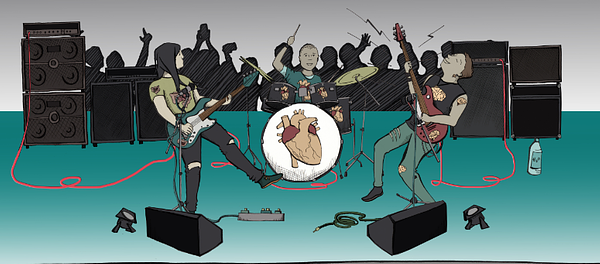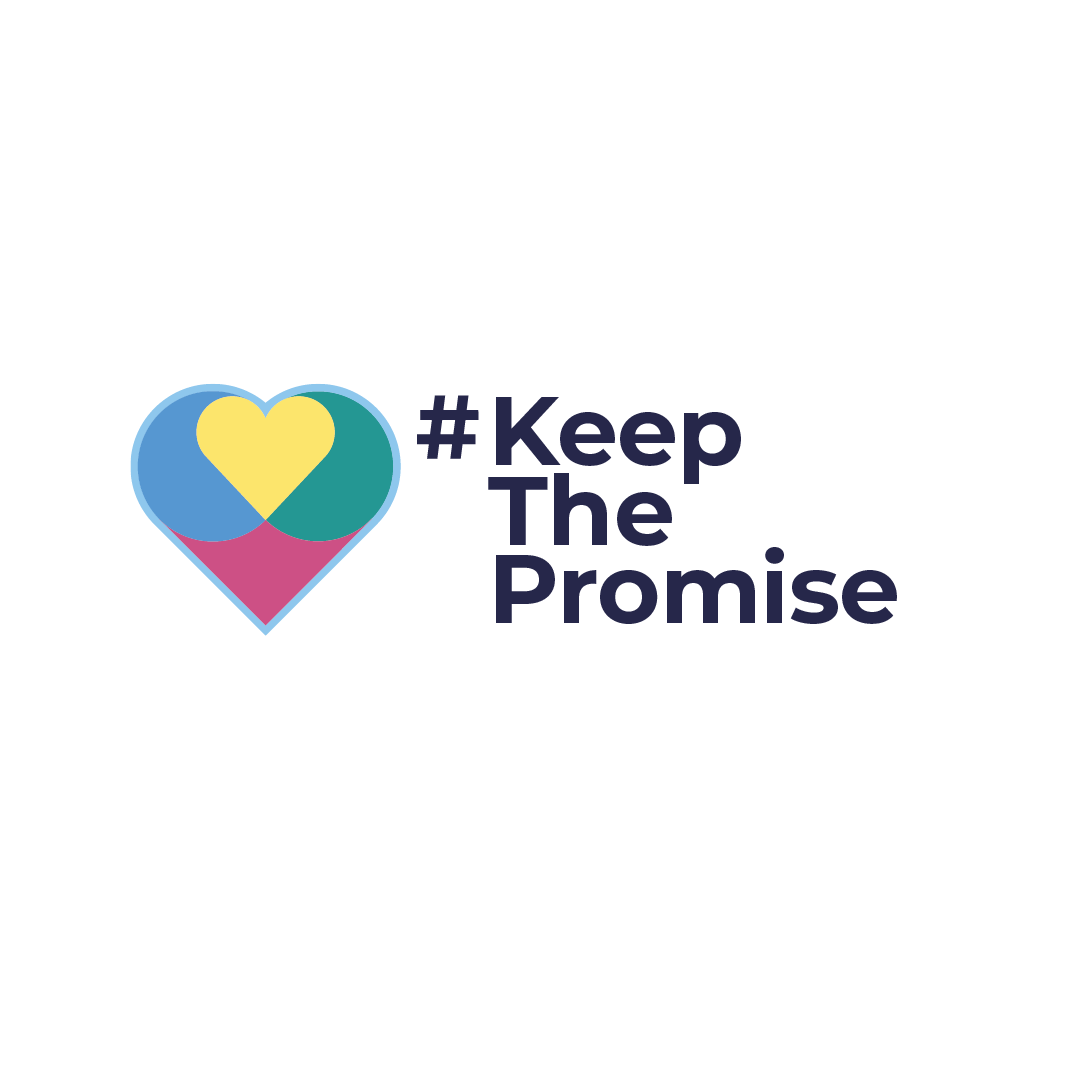The Three Brains
Aimed at young people, The Three Brains is an educational digital development exploring the importance of the mind-body connection. Learn more before The Three Brain's launch on Thursday 16 June.

This Thursday sees the launch at The Gathering, held in Glasgow’s SEC, of our latest digital development The Three Brains.
Aimed at young people, The Three Brains is an educational digital development exploring the importance of the mind-body connection. Following on from our earlier award-winning psychoeducational resources, The Three Brains brings together music, science, film, and illustrations for a quirky, entertaining look at emotional regulation and wellbeing.
Now, I can hear you saying, what three brains are these?
The ‘three brains’ in question are your gut, your heart and your actual brain. Our mind-body connection is how our head, heart and gut work together to process how to react to the world around us. Our physical and mental health are connected and affect our emotions – with the reverse true too. If the mind-body connection is strong, people tend to be able to manage relationships better.
Wait a sec, I can hear you again; the heart and gut aren’t brains.
We’re not claiming that the body has any more actual brains than the one found in your head. When we talk about the body’s ‘three brains’, what we are referring to are the ‘neural networks’ in our brain, heart and gut.
The heart and gut don’t ‘think’ or have a consciousness like our actual brain does, but like the brain they contain specialised cells called neurons. Typically, thousands of neurons work together in neural networks. They ‘talk’ to each other using electrical signals and chemical messengers called neurotransmitters. These neurotransmitter travel between gut, heart and brain via the vagus nerve.
A better understanding of the mind-body connection can lead to clearer comprehension of how to regulate one’s emotions, and so diminish conflict within the home. Most of us are familiar with the notion of changing or enhancing mood using music; The Three Brains goes further by suggesting young people can regulate their mood themselves and so go some way to avoiding conflict and relationship breakdown at home.
To bring The Three Brains to life, each of the ‘brains’ – actual brain, heart and gut – are transformed into and personified as members of a rock band. The ‘actual brain’ is lead guitarist, the ‘heart’ is the drummer and the ‘gut’ is the bass player.
A band was chosen as a metaphor because, like a band, the three parts of the mind-body connection need to be in sync to get the best out of them. Equally, even if our mind-body connection is in good shape, like musicians, we never stop ‘practicing’ to get them best out of them.
The pages on the SCCR website include an interactive quiz and a look at the science behind The Three Brains. The quiz uses music business scenarios to get young people thinking how they would react in different circumstances.
The pages will also feature a short film condensing the project’s learning into 5 minutes made by British Academy Scottish Awards-winning director Felipe Bustos Sierra (Nae Pasaran!).
We also worked with Professor Judith Pratt of Strathclyde University on the science behind The Three Brains.
If you work with young people and are looking for a fun way to open up a conversation about emotional regulation, check out The Three Brains when it appears on our website this Thursday.





